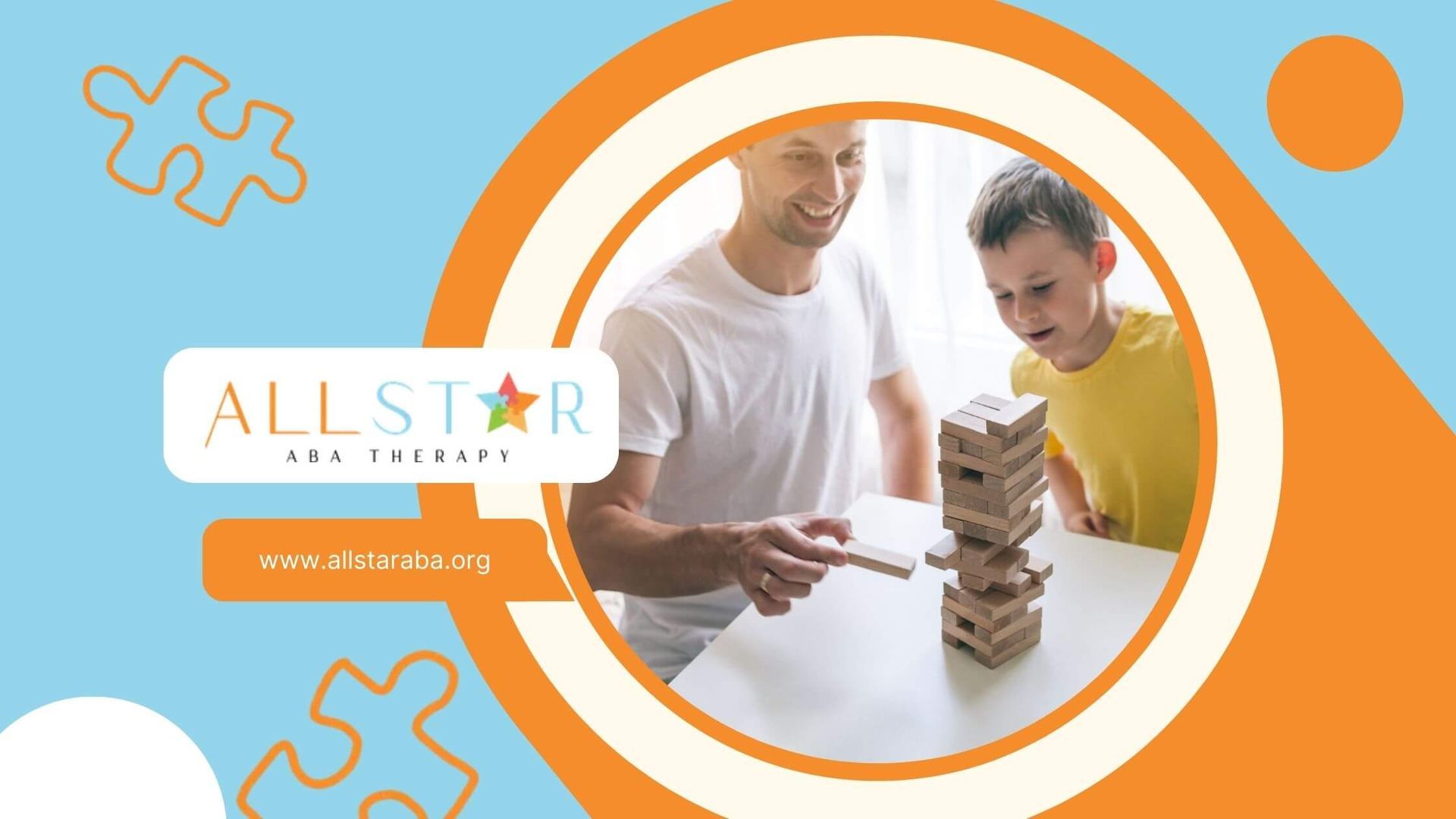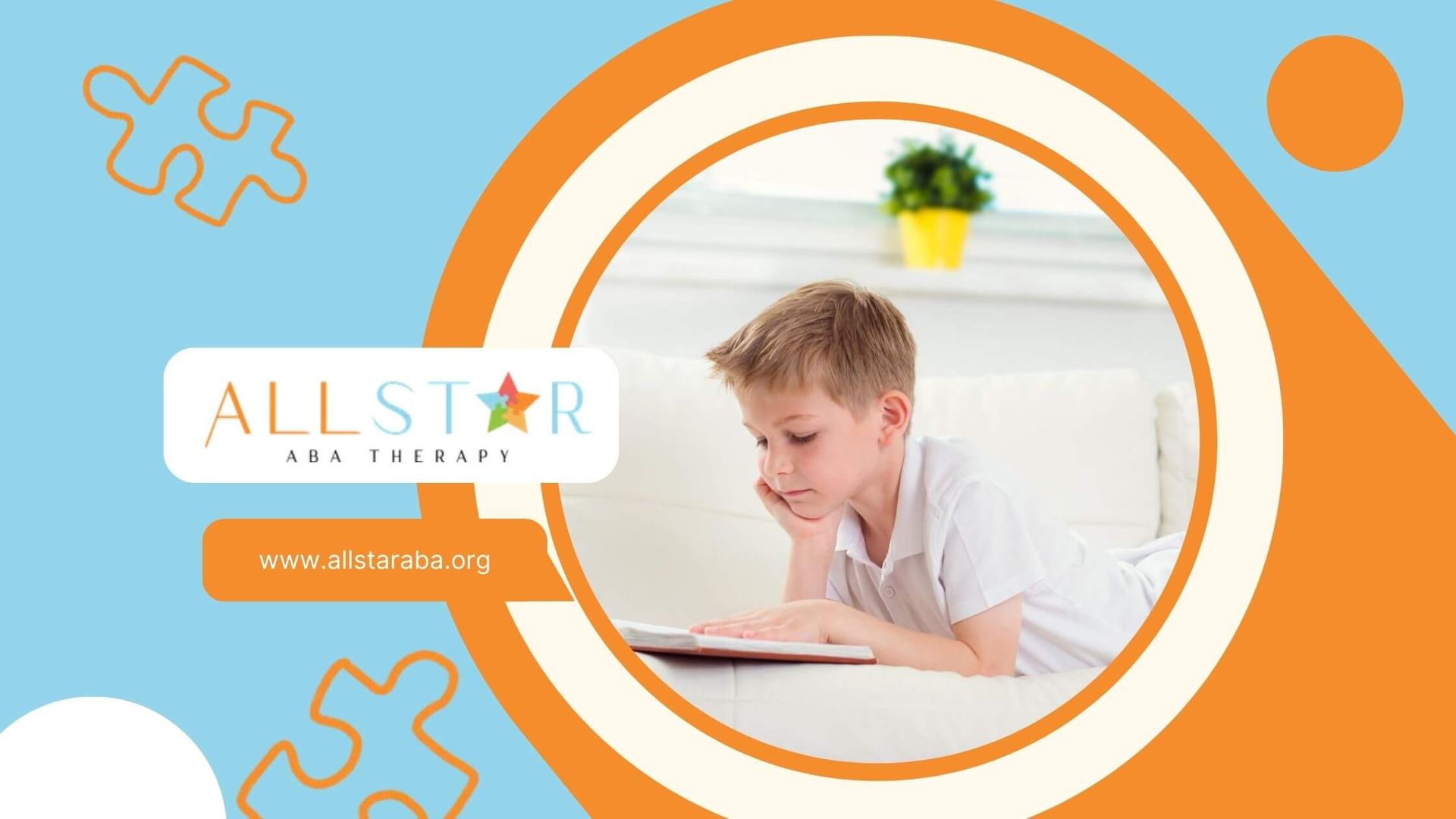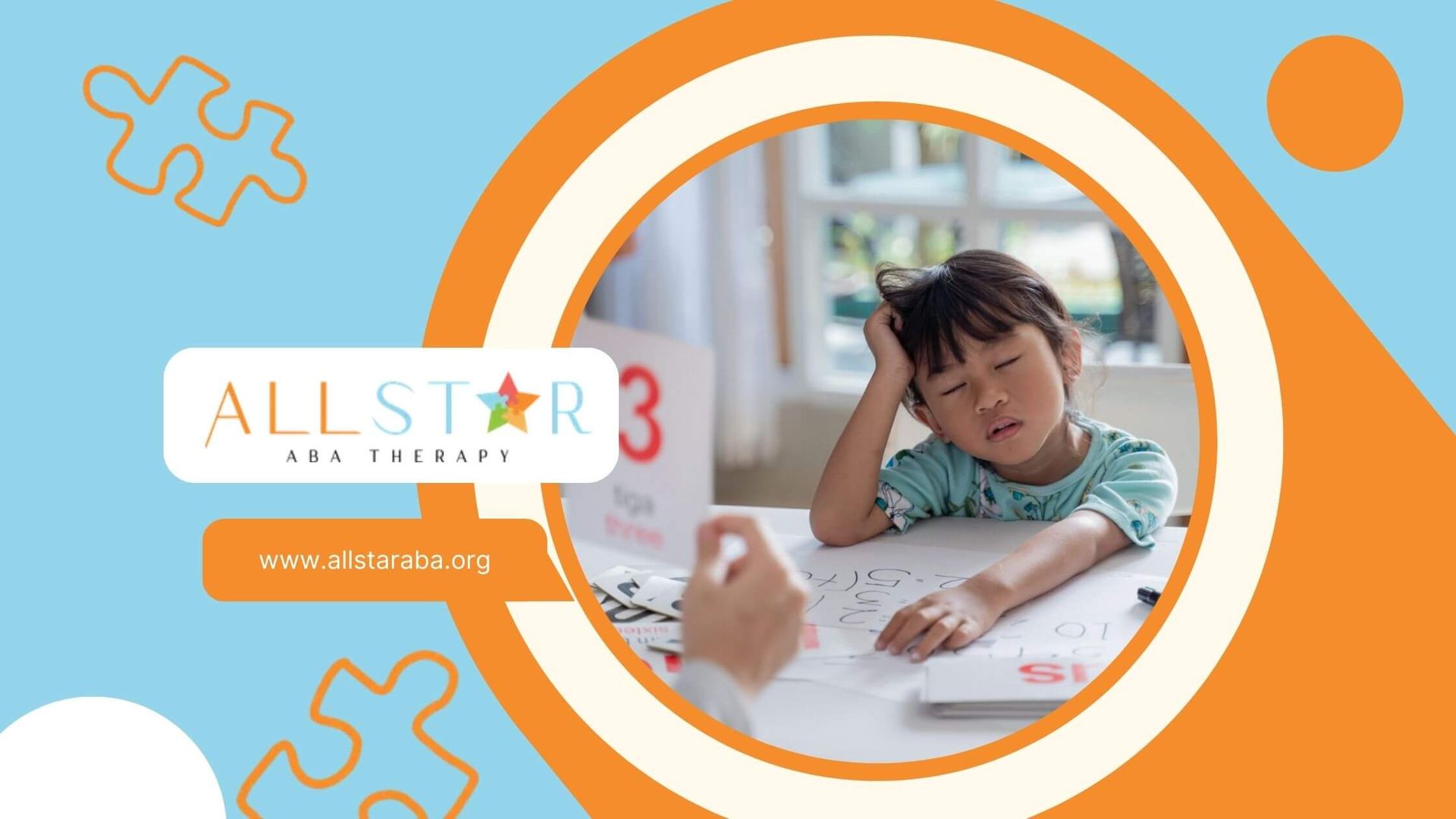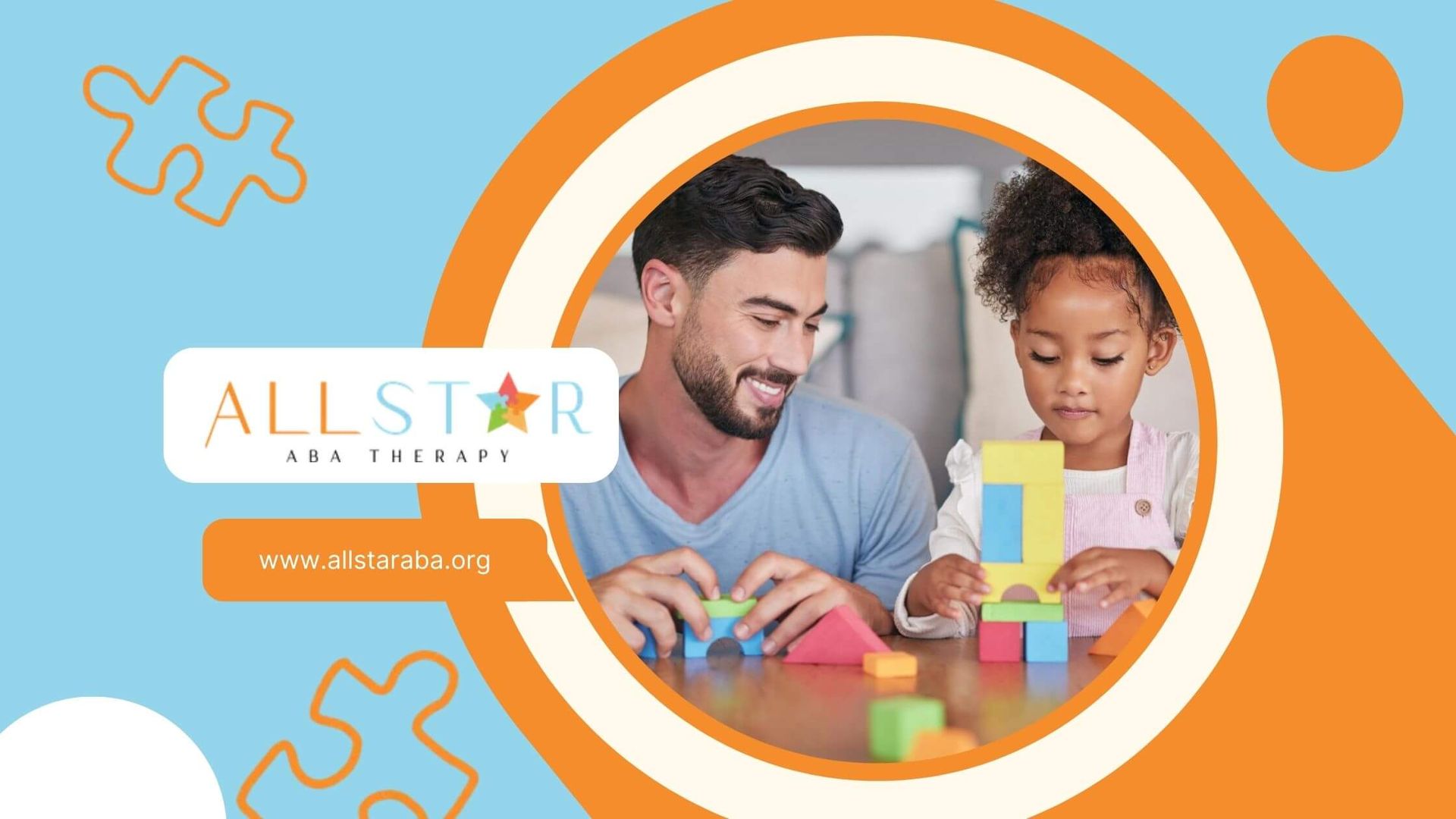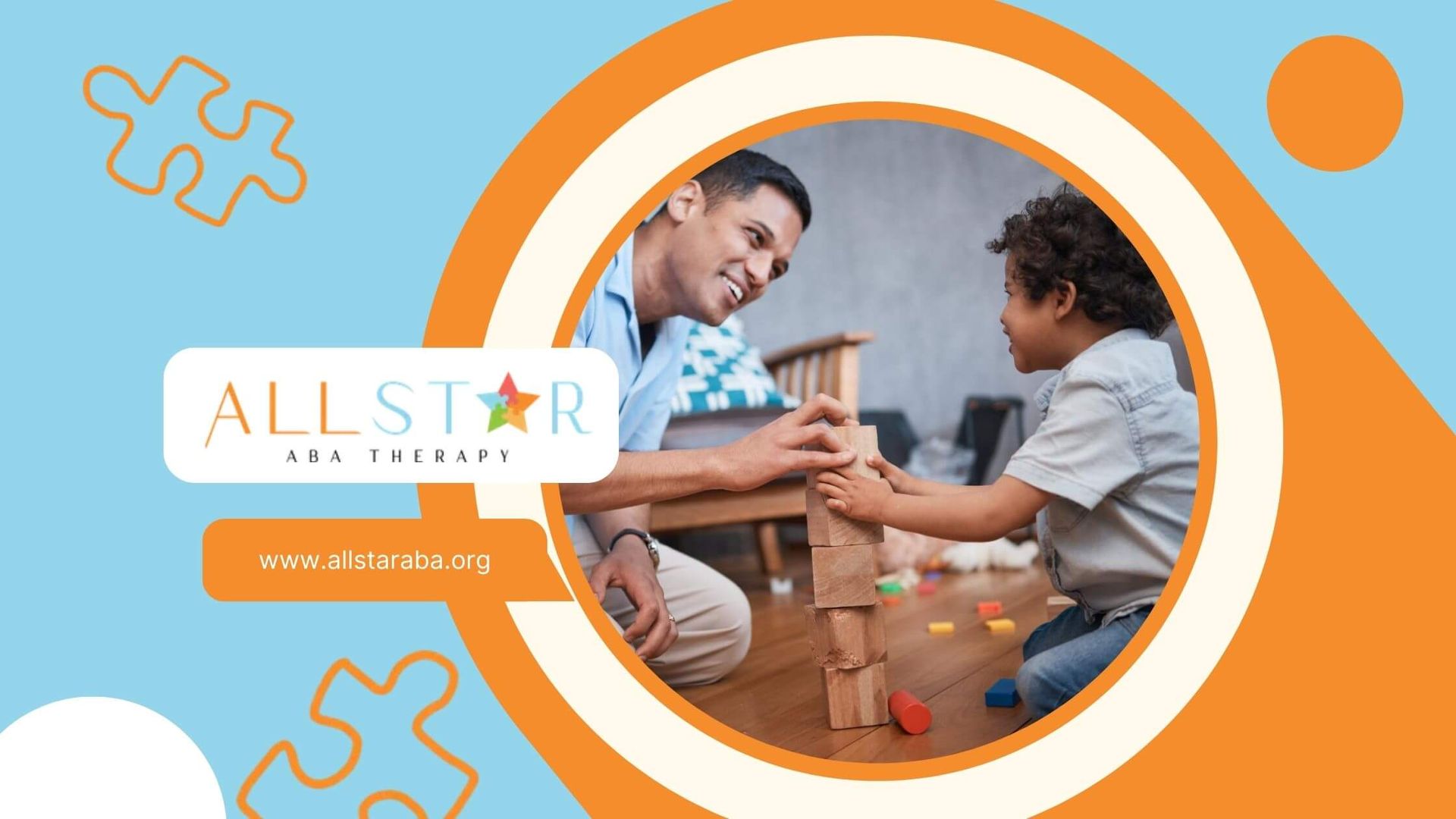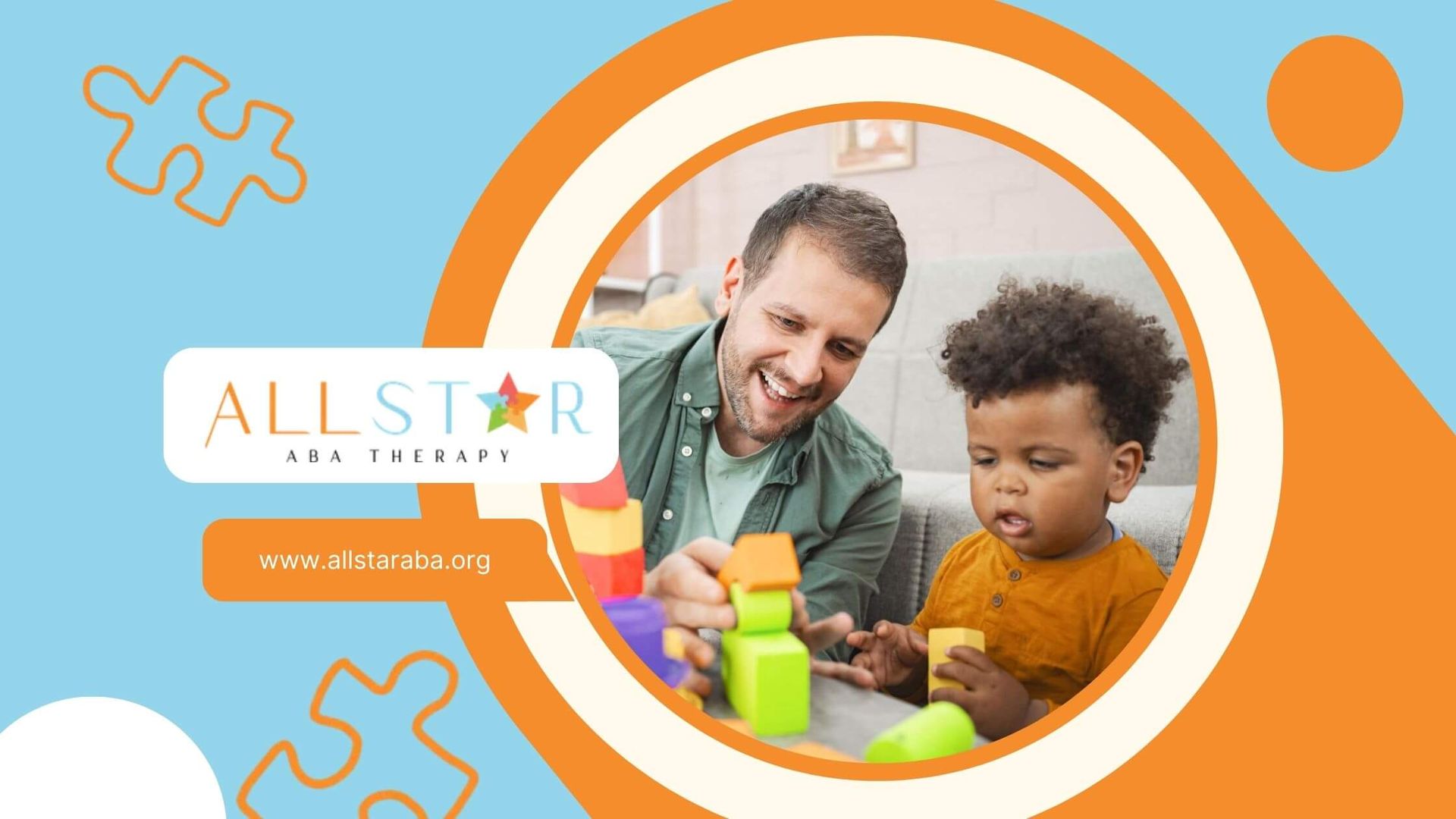New Paragraph
Autism and Attention: Understanding Why It’s Hard to Stay Focused
If you’ve ever noticed your child with autism having trouble staying focused, you’re not alone.
Many autistic children (and adults) struggle with attention, concentration, and staying on task — but it’s not because they don’t care or aren’t trying. It’s because their brains process information and sensory input a little differently.
Let’s break down why autism can make it harder to focus, and what you can do to help.
Why Focus Can Be Hard for Kids with Autism
Children with Autism Spectrum Disorder (ASD) often experience challenges that make concentrating more difficult. Here’s why:
- Sensory overload: Bright lights, background noise, or even the feeling of certain clothes can make it tough to pay attention. Their brains may be processing too much at once.
- Difficulty filtering distractions: While most people can “tune out” background noise, many autistic individuals struggle to block out extra sensory input.
- Special interests: When something does capture their attention — like a favorite topic or activity — they may hyperfocus and tune everything else out.
- Executive functioning challenges: Skills like organizing, planning, and shifting attention can be harder for autistic children, making it difficult to move smoothly between tasks.
How to Help an Autistic Child Focus Better
The good news? With the right strategies, many autistic kids can improve focus and feel more confident in daily routines.
Try these evidence-based techniques:
- Use visual supports: Picture schedules, charts, and visual cues make expectations clear and predictable.
- Break tasks into small steps: This reduces overwhelm and helps your child see progress faster.
- Minimize distractions: Keep workspaces calm and free from noise or clutter.
- Incorporate sensory breaks: Short movement or sensory activities can help reset focus.
- Celebrate small wins: Positive reinforcement encourages effort and builds motivation.
How ABA Therapy Helps Improve Focus
At All Star ABA, we use Applied Behavior Analysis (ABA) strategies to help children build attention, self-regulation, and learning skills in a supportive way.
Our therapists use structured techniques, visual aids, and reinforcement to teach focus gradually — without frustration.
We offer personalized ABA therapy in Maryland and Virginia, including:
- In-home ABA therapy – comfort and focus in your child’s familiar environment
- Center-based ABA therapy – structured sessions designed for learning and growth
- School-based ABA therapy – helping kids stay focused and engaged in class
- ABA parent training – empowering families to support focus and attention at home
If your child is struggling to concentrate, reach out to us today to learn how ABA therapy can help them stay engaged, confident, and calm.
FAQs
Is trouble focusing common in autism?
Yes, many autistic individuals have difficulty maintaining attention, especially in busy or unpredictable environments. It’s one of the most common challenges linked to autism.
Is it ADHD or autism that causes focus issues?
Sometimes it’s both — ADHD and autism can overlap. Even without ADHD, people with autism often experience similar attention and executive functioning difficulties.
Can ABA therapy improve focus in autism?
Absolutely. ABA therapy helps build attention skills through structured teaching, reinforcement, and sensory regulation strategies. Over time, kids learn to focus for longer and with more confidence.
Sources:
- https://pmc.ncbi.nlm.nih.gov/articles/PMC7003152/
- https://www.autismparentingmagazine.com/strategies-helping-autistic-kids-in-classroom/https://www.autismparentingmagazine.com/autism-monotropism
- https://www.autism.org.uk/advice-and-guidance/topics/about-autism/sensory-processing
- https://www.thetransmitter.org/spectrum/autistic-people-may-have-trouble-tuning-out-distractions/
Need Support?
We're Here to Help!
Our experienced team is ready to assist you. Reach out today to discuss how we can support your child's development and well-being.
Get started with expert ABA therapy today.



